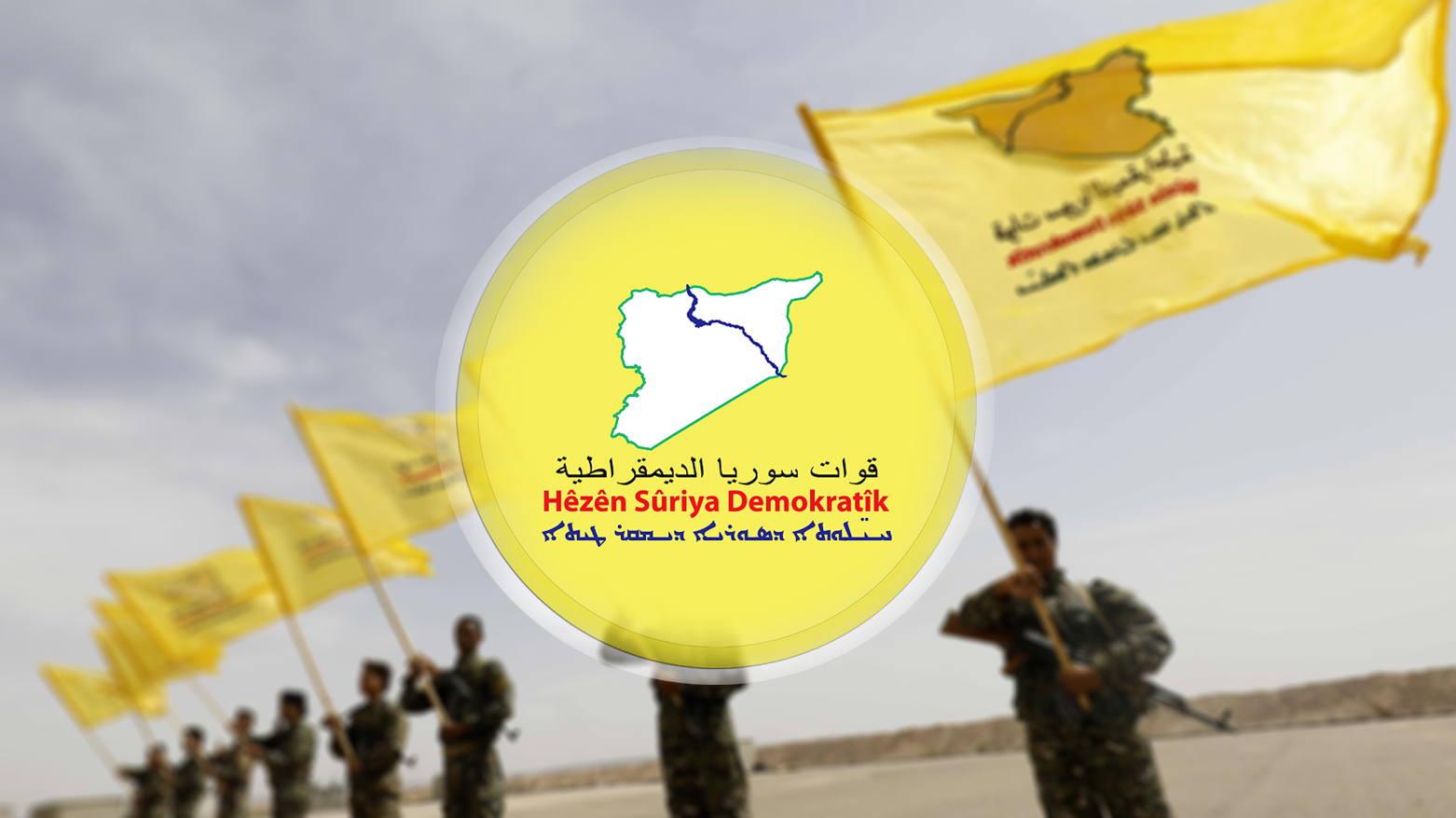SDF and Syrian Administration Discuss Constitutional Declaration and Future Cooperation
The discussions centered on the mechanisms of the joint committees set to begin their work in early April, aiming to oversee the implementation of the agreement.

Erbil (Kurdistan 24) – The General Commander of the Syrian Democratic Forces (SDF), Mazloum Abdi, met on Wednesday, with a delegation from the Syrian administration to continue discussions on the agreement between the two sides.
In a statement, the SDF confirmed that the meeting was part of the ongoing coordination efforts with the new Syrian administration. The discussions centered on the mechanisms of the joint committees set to begin their work in early April, aiming to oversee the implementation of the agreement.
Emphasis on Constitutional Inclusion and Ceasefire
The talks delved into the constitutional declaration, stressing the importance of ensuring that no Syrian component is excluded from shaping the country's future and contributing to the drafting of a new constitution. The SDF reiterated its stance on the need for an inclusive political process that reflects the diversity of Syria's social and ethnic fabric.
Additionally, the meeting underscored the urgent need for a comprehensive ceasefire across Syrian territories, highlighting its role in fostering stability and laying the groundwork for a lasting peace.
Reports on Thursday, March 13, indicated that a central committee has been formed to oversee the implementation of the agreement between the Syrian government and the SDF. According to sources cited by "Syria TV," the committee consists of eight members, equally representing both sides.
Key Provisions of the Agreement
The landmark deal, signed on March 10, 2025, by interim President Ahmed al-Sharaa and SDF Commander Mazloum Abdi, outlines a comprehensive framework for integrating the Syrian Democratic Forces (SDF) into the Syrian state structure. The agreement includes eight key provisions aimed at fostering national unity and stability.
First, it ensures equal political representation and participation for all Syrians in state institutions based on merit, regardless of ethnic or religious background. Second, it formally recognizes the Kurdish community as an integral part of Syria and guarantees its constitutional rights.
Third, the agreement mandates the implementation of a nationwide ceasefire to halt ongoing hostilities. Fourth, it calls for the merging of all civil and military institutions in northeastern Syria into the Syrian state, including border crossings, airports, and oil and gas fields.
Fifth, the deal facilitates the safe return of all displaced Syrians to their hometowns under state protection. Sixth, it commits to supporting the Syrian state in combating the remnants of the Assad regime and other threats to national security.
Seventh, the agreement rejects division, hate speech, and any attempts to incite sectarian strife. Finally, it mandates the formation of executive committees to ensure the full implementation of the agreement by the end of the year.